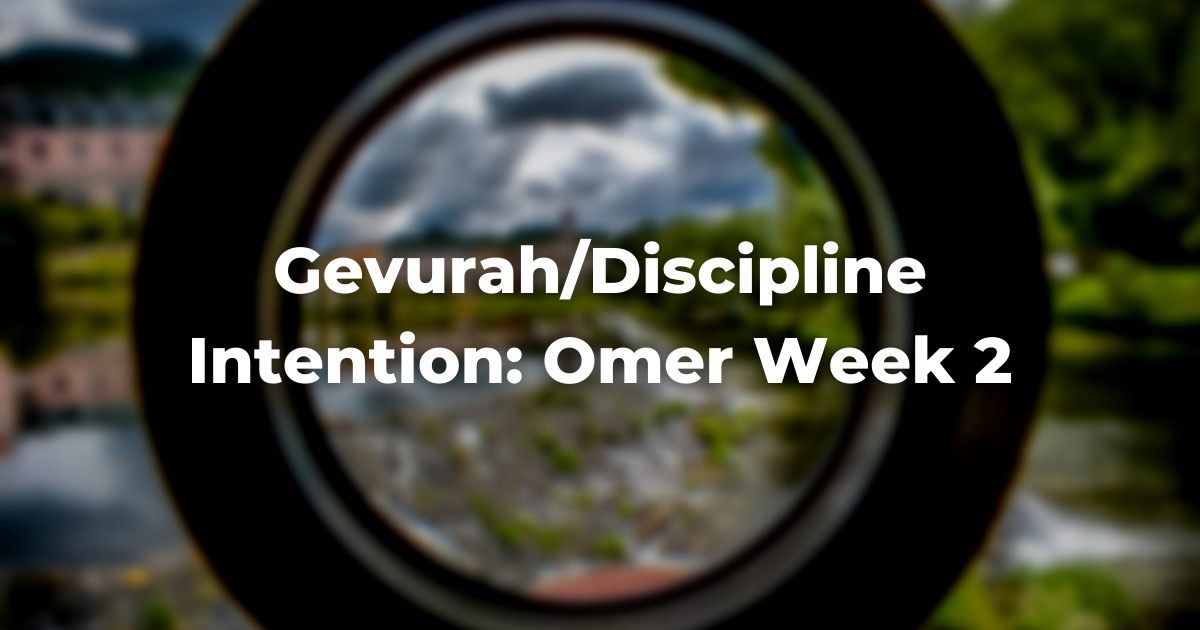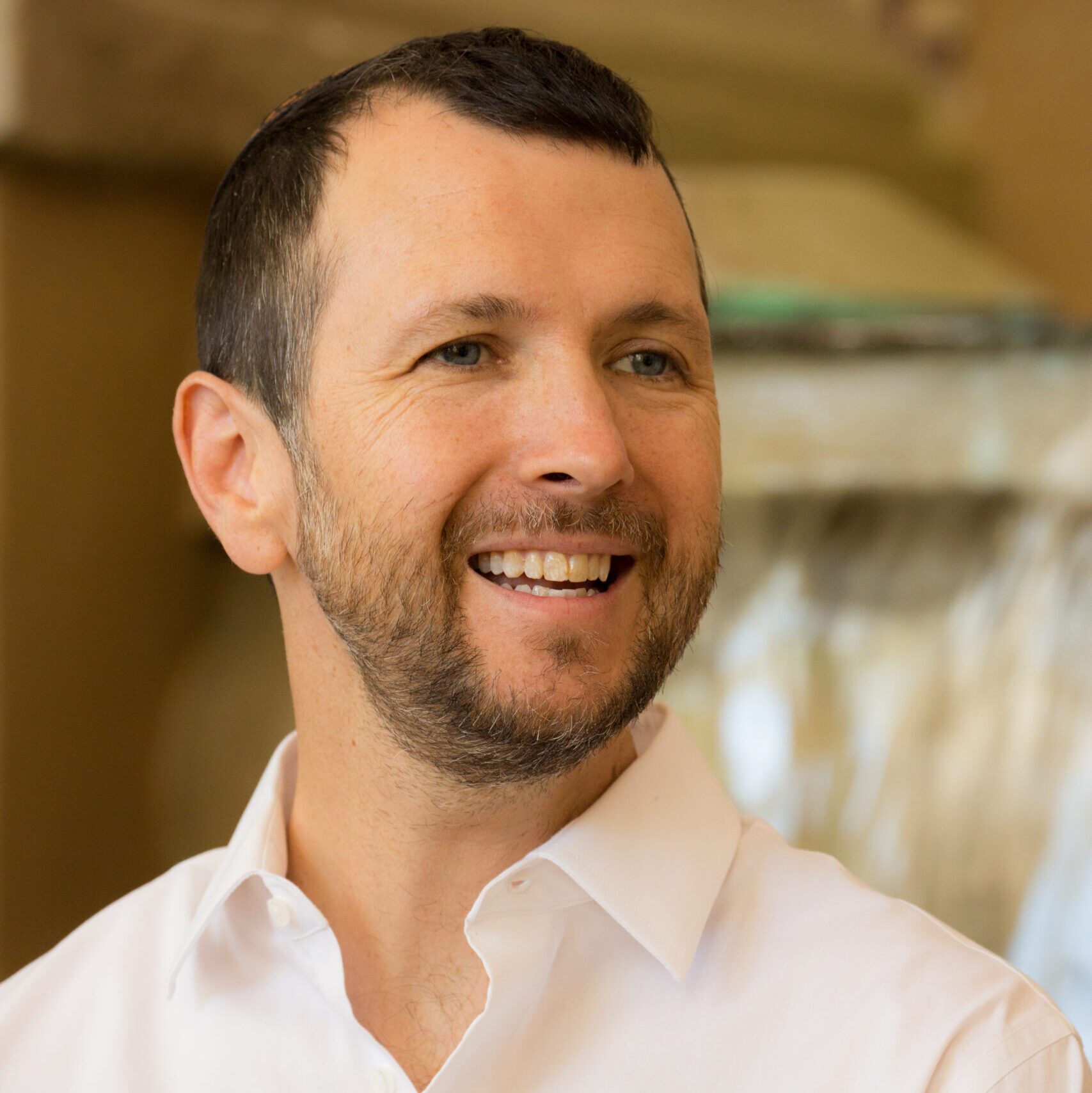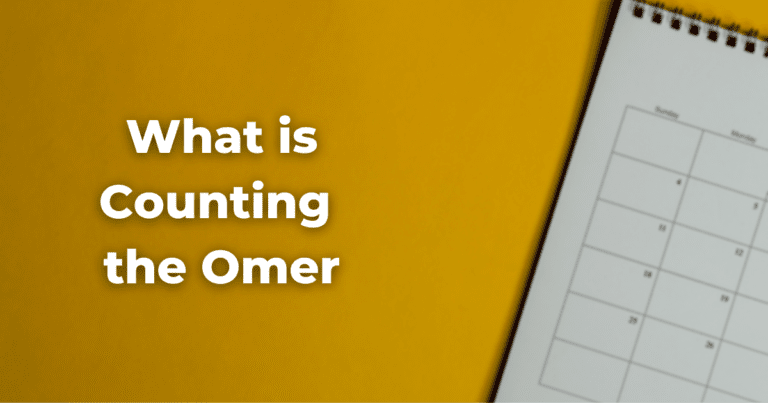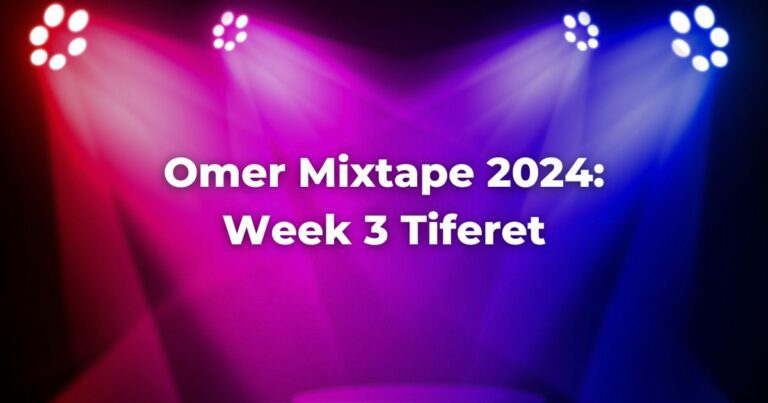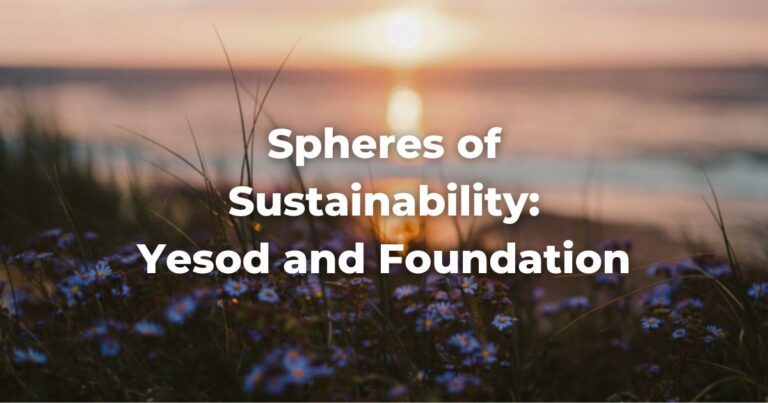This spiritual reflection and intention is a part of Counting the Omer. You can find more information on this mitzvah and how to observe it there here.
What is Gevurah?
The second quality (middah) is gevurah is the ability to discern between two actions, the commitment to justice, and the discipline required to persist through difficulties.
Other translations of Gevurah are:
- Justice
- Awe and Wonder
- Discipline
So what? How does it relate to me?
With others:
Gevurah grants us the capacity to direct our actions, our thoughts, our commitments, and our love (Chesed from week 1). When we choose to commit ourselves, we are employing gevurah. When we choose the good and the holy or, God forbid, a different value to follow, that is gevurah–both the discernment between different values (love, awe, greed, power, justice, etcetera) as well as the commitment to channel them into our embodied lives are both gevurah.
Gevurah is essential for meaningful relationships since discernment is the bedrock. One the most primary level, you must discern one’s wife from all other women or one’s husband from all other men. The next step is the pragmatic discernment of those actions which will cause your relationship to flourish, and then–tertiarily–pursue them instead of all the other possibilities. All of these levels are applications of gevurah.
The example here is of our primary relationship, however, it is the same for all meaningful relationships in our lives.
With ourself:
Gevurah opens us up to the wonder of the world–nature, other people, and God. Whenever we respond to wonder via our psychological and spiritual lives through a commitment to others, to the world, to God, and to ourselves, we are transformed. Gevurah empowers us to make manifest that which is latent.
With God:
The Holy One wants us “to turn away from evil and do good.” Gevurah is daily process of becoming the creature we were born to be–one who brings about love, justice, and harmony through the long process of commitment, perseverance, and grit.
Gevurah practice for the week:
- How can you best serve the most important people in your life?
- How can you best serve your local community? How can you best serve the global Jewish community?
- What qualities do you need to work on? What qualities are already serving you well?
Author
-

Rabbi Meir Goldstein is blessed to be the Senior Jewish Educator at the Oregon Hillel Foundation and Judaic Studies lecturer at the University of Oregon. He elevates human dignity by building a community of learners. Rabbi Goldstein attended the Ziegler School of Rabbinic Studies at the American Jewish University, earning an MA in Rabbinic Studies in 2003 and Rabbinic Ordination in 2006. When not at work, he is happiest on a hiking trail, playing guitar, or studying. Rabbi Goldstein lives in the holy city of Eugene, Oregon, with his wife, Laura, and their loving (yet bossy) shih tzu, Koofi.
View all posts

